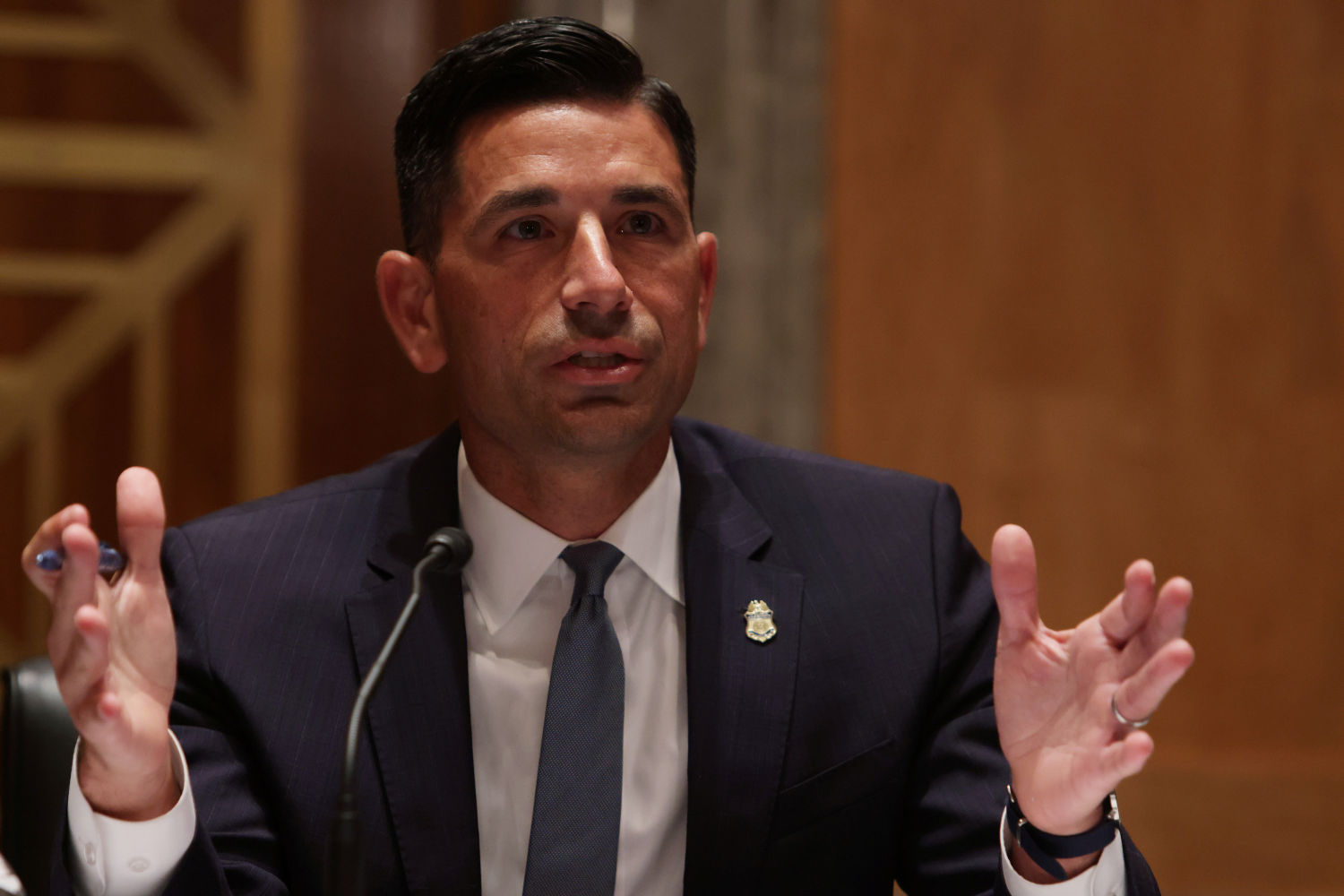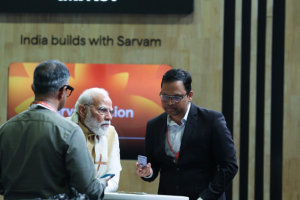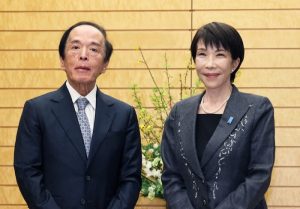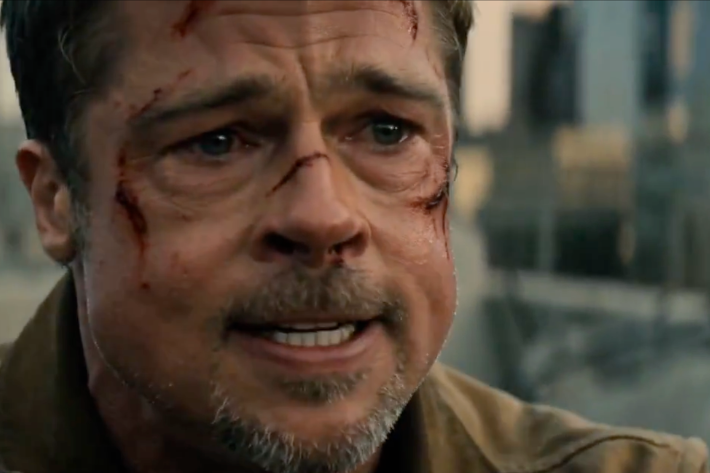(ATF) The US on Monday imposed additional visa restrictions on Chinese officials over alleged human rights abuses, taking further action against Beijing in the final weeks of Donald Trump’s presidential term.
Mike Pompeo, the US Secretary of State, issued a statement saying the restrictions affected officials believed to be responsible for or complicit in repressing religious practitioners, ethnic minority groups, dissidents and others.
“China’s authoritarian rulers impose draconian restrictions on the Chinese people’s freedoms of expression, religion or belief, association, and the right to peaceful assembly, Pompeo said. “The United States has been clear that perpetrators of human rights abuses like these are not welcome in our country.”
He added: “This year, the United States has imposed visa restrictions and financial sanctions on CCP officials involved in the horrific abuses taking place in Xinjiang, restrictions on access to Tibet, and the destruction of Hong Kong’s promised autonomy.
“Today’s action creates additional restrictions applicable to all CCP officials engaged in such repressive activities, no matter their location.”
Acting Homeland Security secretary Chad Wolf said the US was looking at further restrictions on China. He told the conservative Heritage Foundation think tank that tighter visa curbs on Chinese Communist Party members and a broader ban on goods made with forced labour – such as cotton and tomatoes from Xinjiang region – would be applied.
Wolf said the US was also reviewing the activities of Chinese television maker TCL Electronics Holdings, alleging that the company had “incorporated backdoors into all its TV sets, exposing users to cyber breaches and data exfiltration.”
Deepening tensions
US-China relations have plunged to their worst level in decades as the world’s top two economies spar over issues ranging from the coronavirus outbreak, Beijing’s national security law for Hong Kong, trade and espionage.
On December 19, Washington added dozens of Chinese companies, including chipmaker Semiconductor Manufacturing International Corp and drone manufacturer DJI Technology to a trade blacklist.
Earlier this month, Washington imposed travel bans and other sanctions on 14 high-level Chinese officials over a political crackdown in Hong Kong. The Trump administration has already imposed sanctions on Hong Kong chief executive Carrie Lam, the security and justice secretaries and current and former police chiefs.
China imposed reciprocal sanctions, which affect administration officials, members of Congress and their immediate family members, “in view of the fact that the US has used Hong Kong-related issues to seriously interfere in China’s internal affairs and harm China’s core interests”, according to Foreign Ministry spokesman Hua Chunying.
Beijing also cancelled visa-free entry to Hong Kong and Macau for US diplomatic passport holders, Hua added, saying the US should “stop meddling in Hong Kong’s affairs and China’s internal politics, stop walking further and further along this dangerous and mistaken path”.
Pompeo, in his December 21 statement, said the US stood with people persecuted by Beijing for “their peaceful efforts to exercise their rights”, naming lawyer Xu Zhiyong, house church pastors Wang Yi, civil society activist Huang Qi, Uyghur academic Ilham Tohti, Hong Kong democracy advocate and media mogul Jimmy Lai, and Tibetan activist Tashi Wangchuk.
























